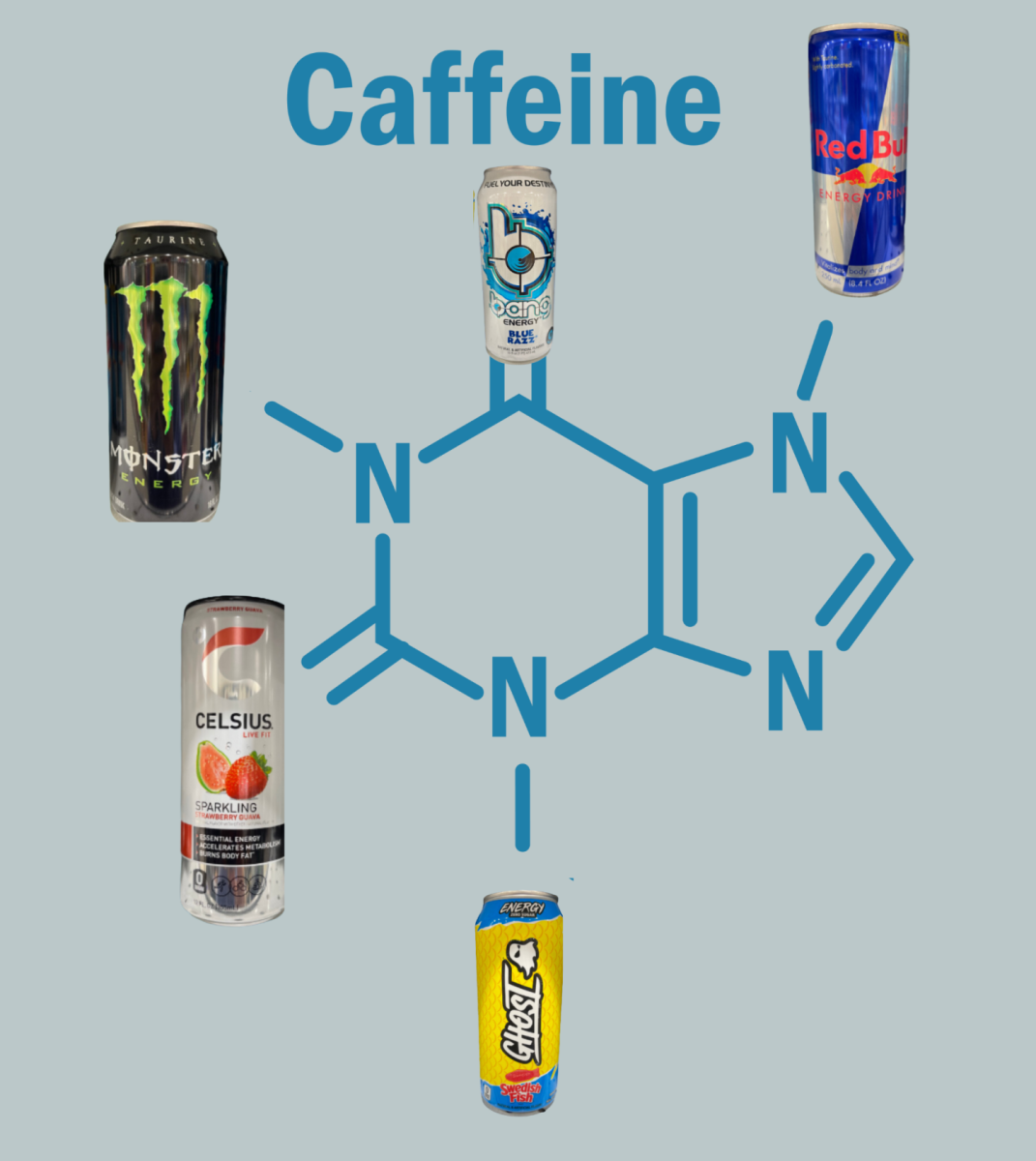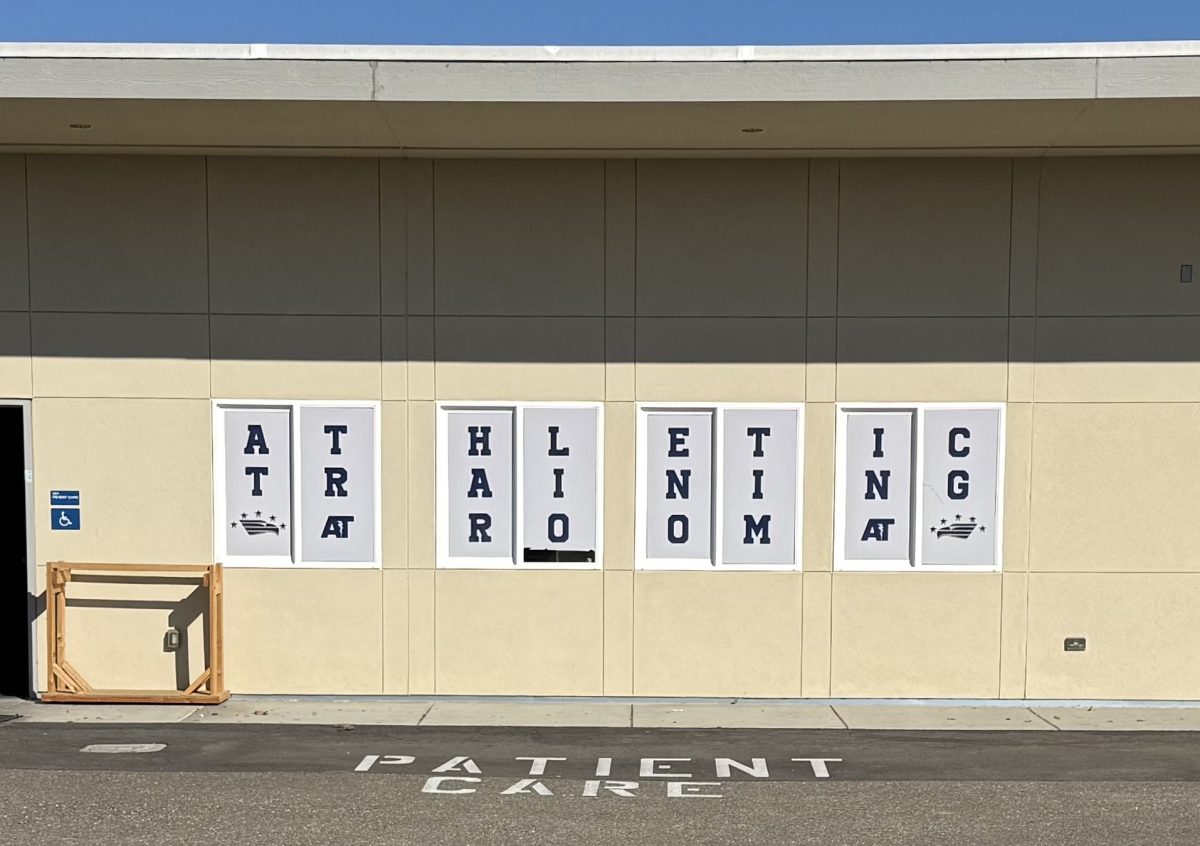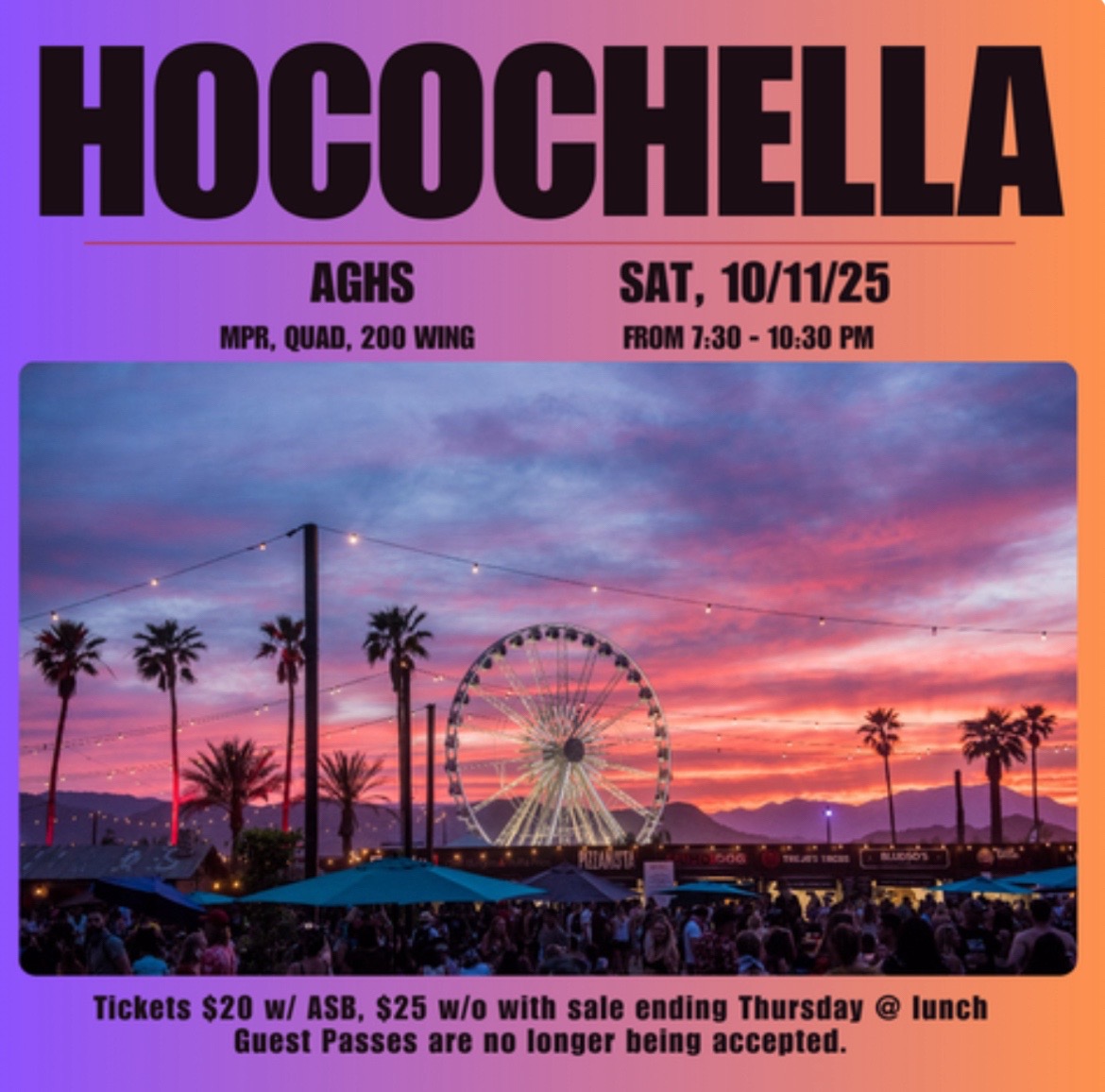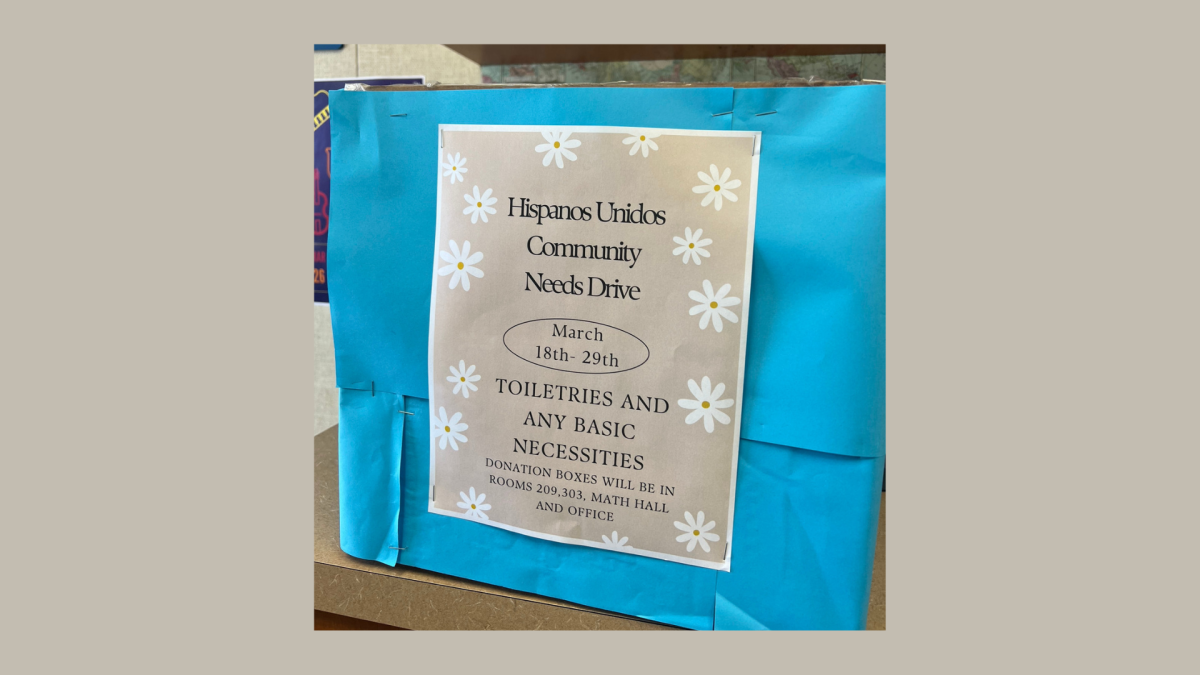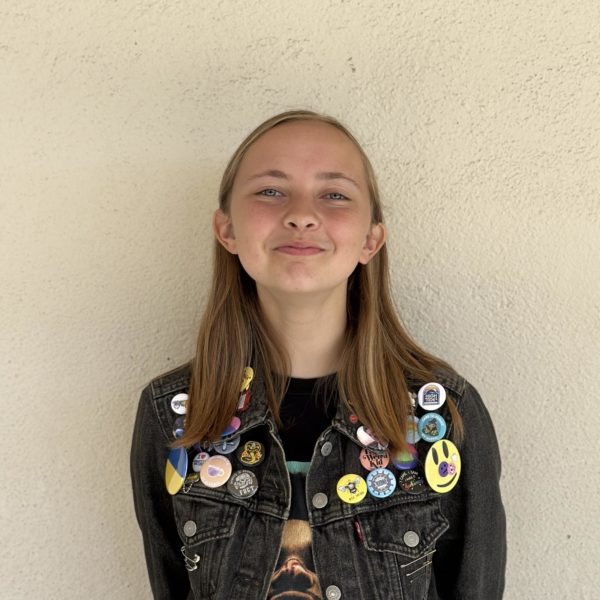You gaze up from an unmade bed, snoozing your alarm for the fifth time that morning. It seems that once again, the only thing that will get you out of bed is an unhealthy amount of caffeine.
This is a far too common experience among high school students.
However, it isn’t just the bitter taste of coffee that helps to wake students up. It is the sugary, flavorful taste of energy drinks that gives them that kick of energy in the morning.
What most students don’t know is the amount of caffeine that they intake with their favorite energy drink. An average cup of coffee has about 95 milligrams (mg) of caffeine. The amount of caffeine a teenager should drink a day is about 100 mg. However, in a can of Monster Energy drink there is about 160 mg of caffeine, almost doubling the suggested amount. Then, some will add another can on top of that.
“The amount of Celsius I see in a classroom [is] anywhere from a fourth to half the students -every other day. It’s a lot,” Dan Hoffman said. “[Some students are drinking] more than one a day. That happens pretty often where students say, ‘Oh, it’s my second Celsius’ and it’s not even noon.”
It has become more apparent that students have increased their daily caffeine intake. Instead of drinking one cup of coffee with 95 mg of caffeine, some drink two Celsius energy drinks with about 200 mg of caffeine per can. One in the morning, and another before noon. Drinking so much caffeine in a short amount of time can cause students to build a high tolerance, and no longer be able to feel any effect.
Along with the lack of energy from caffeine, the more caffeine that people consume the more the caffeine will start to affect everything but energy levels. Consuming too much caffeine can increase anxiety levels, and cause nausea, migraines, and trouble sleeping. It can also have effects on the heart. Increasing heart rate and blood pressure. For some, it can be tolerable but for others, it can cause heart palpitations, which are extra beats in the heart.
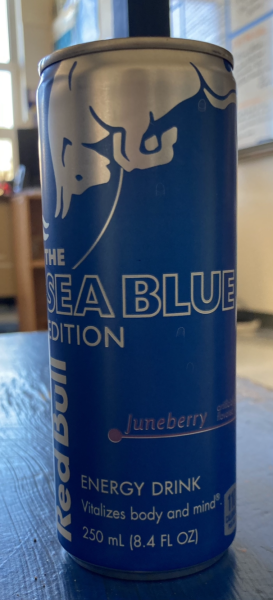
People can also become so reliant on caffeine that they need to drink it or it will cause them to have migraines.
“I used to drink Redbull because it [gave] me energy but the more I drank it the less it gave me energy,” Alex Babshoff (‘24) said. “Now I drink it because I like the flavor.”
Plenty of the popular energy drink brands come in a variety of different flavors. The flavors can distract students from the amount of caffeine they are consuming per day. The caffeine amounts are something that is commonly looked over when grabbing another can.
“I don’t [know how much caffeine is in an energy drink]. I don’t think I’ve ever paid attention to it,” Elijah Domenech (‘24) said.
Though energy drinks can be tasty, students drinking one or more multiple days a week can turn into an addiction. They drink one because it is something that they do every day. Since it can be habit-forming, and teens may build up a reliance, some think that it would be beneficial for students to learn about the qualities that caffeine can have.
“I think that in a health class or nutrition course. [A class] that would touch on [the addictive qualities of caffeine] that reaches most students, I think would be a good thing,” Hoffman said.
Talking about caffeine in a nutrition course could inform students and adults alike. However, whether or not knowing the effects of energy drinks would make a difference is debatable.
“I don’t think [teaching students about the addictive qualities of caffeine] would do much to get kids to not drink it but I think it’s still something that they should know of,” Babshoff said.
Along with teaching people about the addictive qualities of caffeine, there are different ways to get caffeine rather than an energy drink with 200 mg of caffeine. Drinking coffee or tea in the morning still has the caffeine that people need but not at alarming levels. If someone still needs some flavor in their beverages, drinking fruit juices, smoothies, or sparkling water has those flavors without the high caffeine content.
While feeling the rush of caffeine in the morning is a pleasurable, and sometimes necessary experience for some, it’s important to keep in mind that caffeine, at its basis, is a chemical stimulant. As with any consumable food or substance, it should be used in moderation for maximum benefits.

